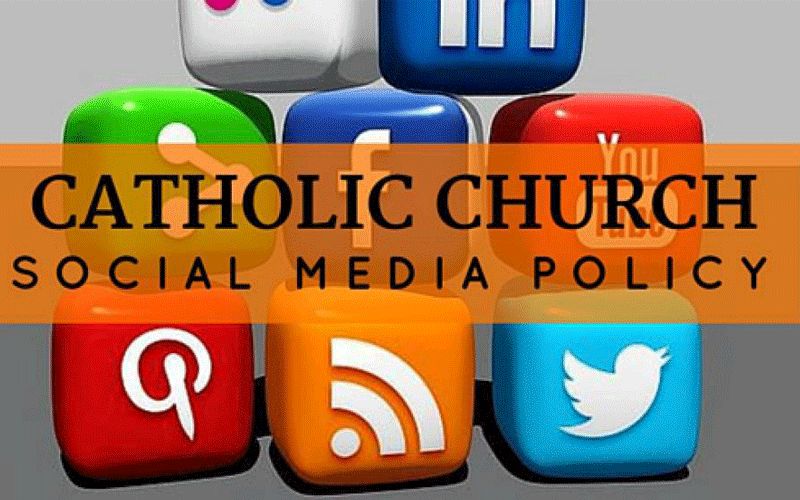Nairobi, 04 July, 2020 / 6:51 pm (ACI Africa).
At a virtual meeting targeting Francophone Africa convened to explore ways media can best serve the Church in Africa amid COVID-19 challenges, panelists have said that social media, which has been widely used during the pandemic, will continue to be engaged post-coronavirus.
Organized by the Union of the African Catholic Press (UCAP), the Friday, July 3 convention followed that held a week earlier targeting English-speaking Africa.
“The COVID-19 pandemic has imposed on the Catholic Church and the faithful a new behavior that will not disappear soon. Despite the easing of lockdown, the social media still has its place in Church communication,” the Deputy Secretary General of UCAP, Paul-Miki Roamba said while delivering his keynote address during the July 3 afternoon event.
The Burkinabe Journalist said the lockdown measure in a bid to minimize COVID-19 infections across the continent “permitted the Church and Christians to discover this new means of communication without physical meetings.”
“Given the importance of the social media in the Church during this crisis, it will still be useful even after the COVID-19 pandemic because it will be difficult for the Church and the Christians to separate from this means of communication that brought them together,” Paul-Miki, a journalist with Radio Ouaga in Burkina Faso explained.








